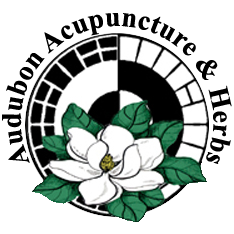Herbal Menopause Treatment
Today, we have heard about the hormone replacement therapy or HRT as it is continually accepted in society as a perimenopausal treatment. However, many women still choose not to undertake this method as a treatment in the first place. Most of the women rather preferred on trying some herbal menopause treatment, which greatly appear to them as softer options.
The herbal menopause treatment has considerably a long history of usage and often clinically the only interference needed. The use of the herbal menopause treatment has been continually increasing due to the reason that most naturopaths and herbalists greatly prescribed herbal menopause treatments rather than HRT. As such, many herbs and supplements are now applied to administer the switch from the reproductive to the post-reproductive phase of the women’s life.
Due to the great appreciation of the herbal menopause treatments, a number of simple herbal formulations which generally suggested as a starting point for most women are now available and lining on the shelves of several health food outlets anywhere in the world. And speaking of those herbal menopause treatments that stand out as being worldly renowned in pharmaceuticals formulations, St. John’s Wort and black cohosh are among the many.
In particular, St. John’s Wort is considered as the best herbal menopause treatment since the early days. This herb has been applied traditionally for the treatment of mood disturbance and anxiety especially during the menopausal periods. Notably, numerous clinical studies have supported this claim and have demonstrated the efficacy of this herb in cases of mild to moderate depression. And so far, there is still no known side effect for this herbal menopause treatment.
In terms of black cohosh as the other herbal menopause treatment that is proven effective, it has been demonstrated that it has an oestrogenic effect. And just like St. John’s Wort, there is also no know side effect for the use of this herbal menopause treatment, however, the British Herbal Compendium recommends that the treatment for menopause by this herb must not exceed six months and that this herb should be avoided during pregnancy and lactation phases.
From such information alone, it is somehow understandable that herbal medicines have much to offer specifically in women for the treatment of symptoms that are related with the menopausal stage. For many women, herbal menopause treatments are the therapy of preference. And as further discoveries are noted in this area of herbal treatment, many practitioners and patients are now much confident in a broad array of effective therapeutic involvements.

Recent Comments